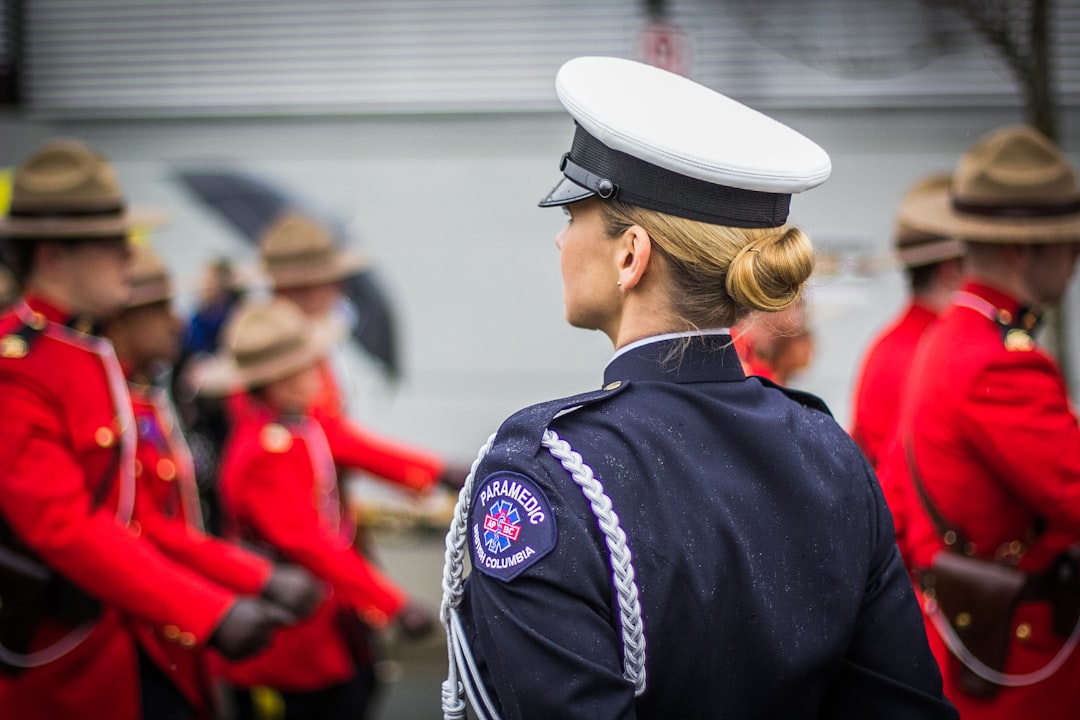Paramedic Āpiha Whakaora
Paramedics assess and treat people who are seriously ill or injured, and transport them to hospital if necessary.
Paramedics need:
- an Authority to Practice, issued by their employer when they pass yearly assessments
- to be registered with Te Kaunihera Manapou Paramedic Council.
Paramedics may do some or all of the following:
- attend medical emergencies and accidents
- triage patients (work out which patients need to be treated first)
- treat ill and injured people, including those with traumatic injuries and shock
- give pain relief, including intravenous (IV) treatment
- stabilise patients and transport them to and from medical facilities
- attend large gatherings, such as sports and music events, in case of accidents or illness
- record patient information and follow handover procedures when transferring patients
- clean their ambulance.
Paramedics may also do specialised rescue work in air ambulances and rescue helicopters.
To specialise as a flight paramedic you need to complete a Postgraduate Certificate in Health Sciences, endorsed in aeromedical retrieval and transport.
Physical Requirements
Paramedics need to have excellent fitness and health. They must be strong as they lift patients and equipment.
Useful Experience
Useful experience for paramedics includes work in:
- hospitals and other health services
- ambulance and patient transport
- emergency services call centres
- the New Zealand Defence Force as a medic.
A defensive driving course may also be useful.
Personal Qualities
Paramedics need to be:
- understanding towards others, caring, and empathetic
- excellent communicators who work well in teams
- alert and able to work well under pressure and in emergencies
- problem solvers and good decision makers
- respectful of different cultural and religious beliefs
- resilient.
Skills
Paramedics need to have:
- knowledge of emergency care
- knowledge of human anatomy and physiology
- knowledge of medicines and life-saving procedures
- advanced driving skills
- knowledge of the location where they work
- the ability to use medical equipment such as defibrillators, which restore a patient's normal heartbeat.
Conditions
Paramedics:
- usually work 12-hour shifts (including nights and weekends), although some work standard hours, or work seasonally
- may work full time, as casual staff, or as volunteers
- work in stressful and sometimes hazardous conditions, with people who may be highly distressed
- travel locally and nationally in ambulances, air ambulances and helicopters.
Subject Recommendations
You need University Entrance to do the study or training for this job. Useful subjects include biology, chemistry, health, maths and English.
Related Courses
Paramedics can earn around $81K-$114K per year.
Pay for paramedics varies depending on experience and qualifications.
- Paramedics usually earn $81,000 to $114,000 a year.
- Paramedics can earn $62,000 to $127,000.
Paramedics may also receive overtime payments and allowances.
Source: TEC research.
With further training, paramedics may progress to become:
- intensive care paramedics (ICPs), who provide more advanced treatment than paramedics
- flight paramedics, who work in air ambulances and rescue helicopters.
They may also move into management or education roles.
Paramedics may specialise in:
- search and rescue
- pre-hospital care at locations such as oil rigs, super yachts and ski fields
- international relief work, and work in conflict zones
- research and education.
Years Of Training
3 years of training usually required.To become a paramedic you usually need to have:
- a Bachelor of Health Science majoring in paramedicine, from Whitireia New Zealand or Auckland University of Technology (AUT)
- a full Class 1 driver's licence
- an Authority to Practice, issued by your employer.
You also need to be registered with Kaunihera Manapou Paramedic Council.
You can study:
- full time
- part time while working in a relevant paid or volunteer role for St John or Wellington Free Ambulance.
- AUT website - Bachelor of Health Science (Paramedicine)
- Whitireia New Zealand website - Bachelor of Health Science (Paramedic)
- St John website - volunteer positions
The Vulnerable Children Act 2014 means that if you have certain serious convictions, you can’t be employed in a role where you are responsible for, or work alone with, children.

 Epsom Girls Grammar School
Epsom Girls Grammar School